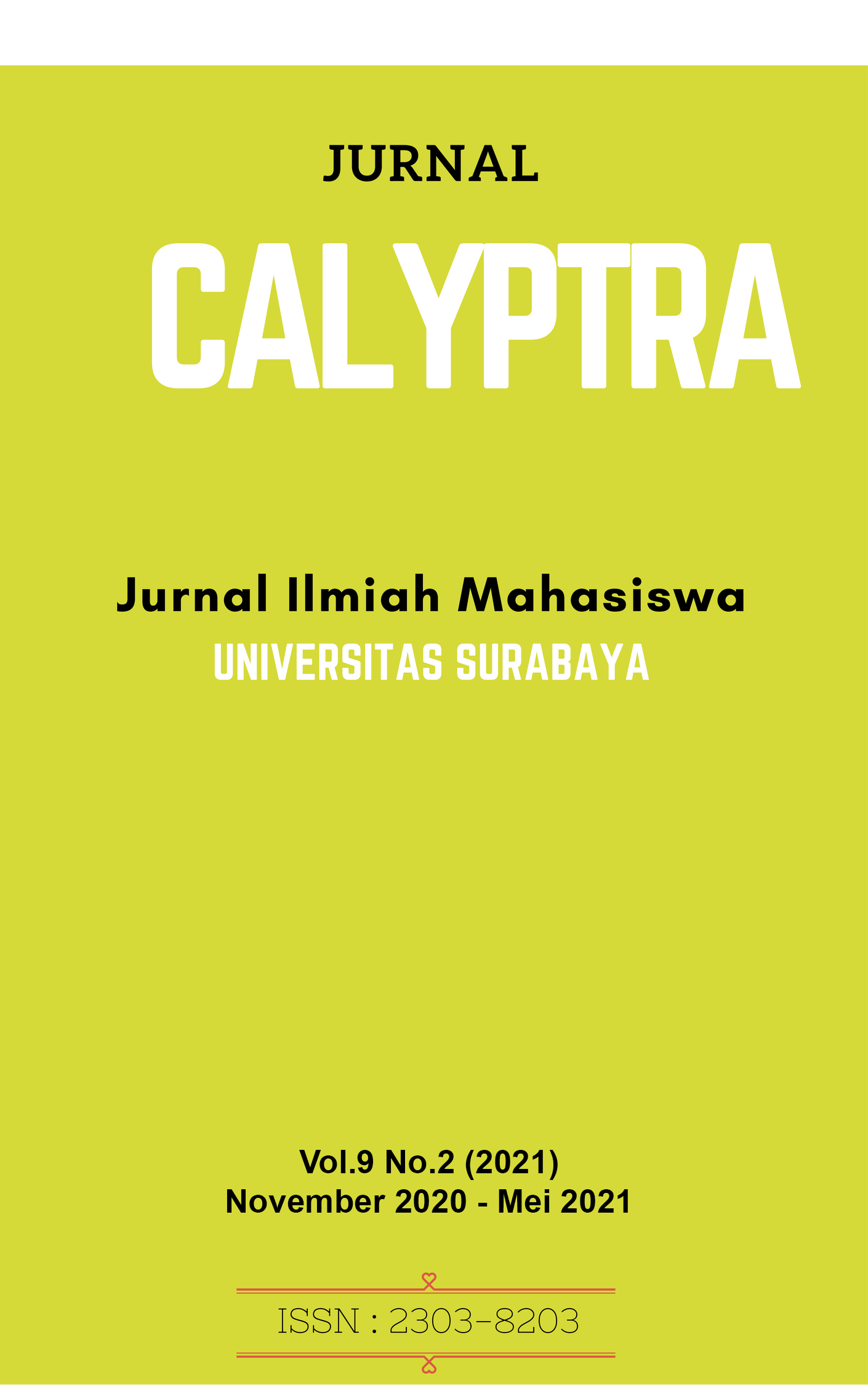EKSPLORASI NILAI NILAI AKUNTANSI SPIRITUAL YANG TERKANDUNG DALAM ILMU TASAWUF DEWA RUCI
 Abstract Views:
644 times
Abstract Views:
644 times
 PDF Downloads:
529 times
PDF Downloads:
529 times
Abstract
Abstract — This study aims to explore the value of spiritual accounting in the science of Sufism Ruci. Sufism is a science related to religion and spirituality. This study uses qualitative and takes data using interview techniques and document analysis. This study uses Sufi mysticism Ruci by conducting interviews with puppeteers and analyzing documents in the form of books. This study looks at how vertical and horizontal accountability between the Milky and the Master and humans with God. The findings of this study indic ate that Sufism also applies the perspective of accountability, the dimensions of accountability and aspects of accountability an d compatibility with the Qur'anic propositions.
Keywords: accountability, sufism, spiritual value
Abstrak — Penelitian ini bertujuan untuk mengeksplor nilai nilai akuntansi spiritual pada ilmu tasawuf dewa ruci. Ilmu tasawuf merupakan salah satu ilmu yang berkaitan dengan agama dan spiritualitas. Penelitian ini menggunakan pendekatan kualitatif dan mengambil data menggunakan teknik interview dan analisis dokumen. Penelitian ini menggunakan ilmu tasawuf dewa ruci dengan melakukan interview kepada para Dalang dan melakukan analisis dokumen berupa buku. Penelitian ini melihat bagaimana pertanggung jawaban secara vertical dan horizontal antara Bima dan Gurunya serta manusia dengan Tuhan. Temuan penelitian ini menunjukkan bahwa ilmu tasawuf juga menerapkan perspektif akuntabilitas, dimensi akuntabilitas dan aspek akuntabilitas dan sejalan dengan dalil Al-Quran.
Kata Kunci: akuntabilitas, ilmu tasawuf, nilai spiritual
Downloads
References
Amerieska, Siti. Irianto, Gugus. Affandy, dan Didied P. 2012 Akuntabilitas Pada Baitul Maal Wal Tamwil Ditinjau Dari Perspektif Shariate Enterprise Theory. Jurnal Ekonomi & Keuangan Islam, Volume 2 No 1 Page: 27-39. Indonesia
Andangatmadja, A. 2012. Analisis Akuntabilitas Progam Bantuan Pembangunan Ruang Laboratorium IPA Pada Sekolah Menengah Pertama Kabupaten Gersik, Jawa Timur.
Diyu Pangruwating, Sastrajendrahayuningrat. 2019. Serat Dewa Ruci: Yogyakarta FORBES,Personal Accountability And The Pursuit Of
Workplace Happiness. https://www.forbes.com/sites/cywakeman/2015/10/26/personal- accountability-and-the-pursuit-of-workplace-happiness/#762955611ca2 (diunduh 9 mei 2020)
Maradona, A. F. (2020). Eksplorasi dimensi spiritual dalam praktik pelaporan akuntansi sosial dan lingkungan di Bali. Indonesia Accounting Journal, 2(2), 118-132. (Placeholder1)
Mason, Herbert. “Hallaj and the Baghdad School of Sufism” dalam The Heritage of Sufism, ed. Leonard Lewisohn. Boston: Oneworld Publications, 1999
McPhail, K. 2011. “A Review of the Emergence of Post-Secular Critical Accounting and A Provocation from Radical Orthodoxy”. Critical Perspectives on Accounting, Vol. 22, hlm 516-
Molisa, P. 2011. “A Spiritual Reflection on Emancipation and Accounting”. Critical Perspectives on Accounting, Vol. 22, hlm 453-484
Mulyaningtyas, Alvy, and Mustika Winedar. "Eksplorasi Nilai-Nilai Spiritualitas Keislaman dalam Akuntabilitas Organisasi Islam."
Nasr, S.H. 2005. Antara Tuhan Manusia dan Alam: Jembatan Filosofis dan Religius Menuju Puncak Spiritual. Penerbit IRCISOD, Yogyakarta
Nasr, S.H. 2003. Ensiklopedi Tematis Spiritual Islam. Bandung
Randa, Fransiskus. Triyuwono, Iwan. Ludigdo, Unti. Sukaharsono, Eko. 2011. Studi Etnografi: Akuntabilitas Spiritual Pada Organisasi Gereja Katolik Yang Terinkulturasi Budaya Lokal. Sulawesi Selatan
Resonansi Ekonomi, Mencari Akuntan(si) Sejati. https://resonansiekonomi.wordpress.com/2012/07/08/mencari-akuntansi-sejati/ (diunduh 9 mei 2020)
Riadi, M. 2012. Teori Akuntabilitas. http://www.kajianpustaka.com/2012/12/teori-akuntabilitas.html?m=1
Saerang, D.P.E. 2001. Accountability and Accounting in a Religious Organization: An Interpretive Ethnographic Studi The Pentacostal Church Of Indonesia, Disertation, Walonggong University Suwerdi, 2014. Jaman Antaraboga Layang Kanda Kelir: Yogyakarta

This work is licensed under a Creative Commons Attribution-ShareAlike 4.0 International License.
- Articles published in CALYPTRA are licensed under a Creative Commons Attribution-ShareAlike 4.0 International license. You are free to copy, transform, or redistribute articles for any lawful purpose in any medium, provided you give appropriate credit to the original author(s) and the journal, link to the license, indicate if changes were made, and redistribute any derivative work under the same license.
- Copyright on articles is retained by the respective author(s), without restrictions. A non-exclusive license is granted to CALYPTRA to publish the article and identify itself as its original publisher, along with the commercial right to include the article in a hardcopy issue for sale to libraries and individuals.
- By publishing in CALYPTRA, authors grant any third party the right to use their article to the extent provided by the Creative Commons Attribution-ShareAlike 4.0 International license.



